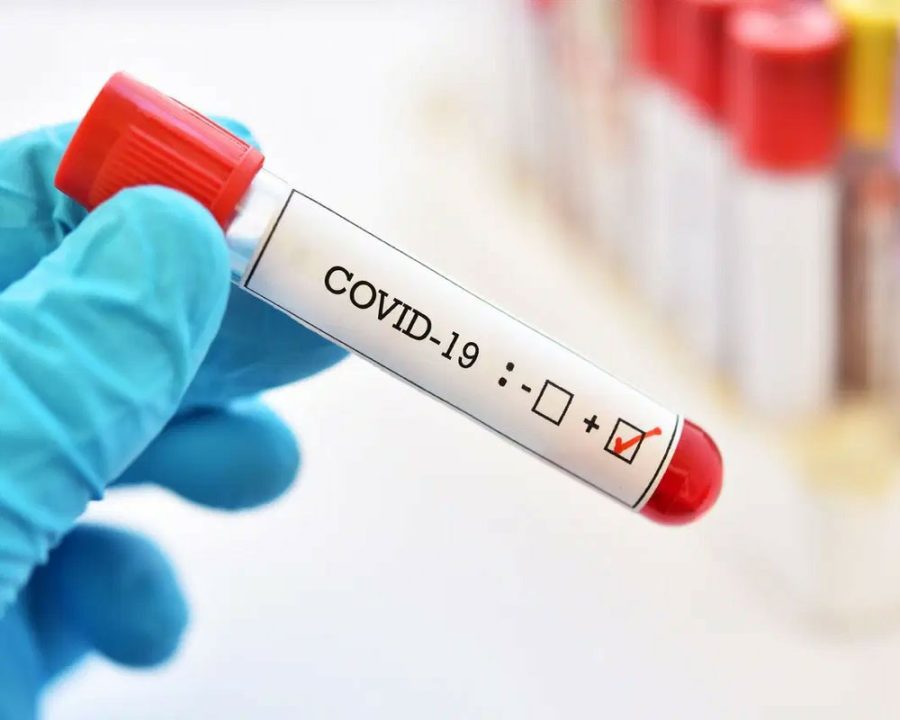A new review of neurological symp
toms of Covid-19 patients in cur
rent scientific literature reveals the disease poses a global threat to the entire nervous system, reports a Northwestern Medicine study published this week in Annals of Neurology.
About half of hospitalized patients have neurological manifestations of Covid-19, which include headache, dizziness, decreased alertness, difficulty concentrating, disorders of smell and taste, seizures, strokes, weakness and muscle pain.
“It’s important for the general public and physicians to be aware of this, because a SARS-COV-2 infection may present with neurologic symptoms initially, before any fever, cough or respiratory problems occur,” said lead author of the review, Dr. Igor Koralnik, Northwestern Medicine chief of neuro-infectious diseases and global neurology and a professor of neurology at Northwestern University Feinberg School of Medicine.
The review describes the different neurological conditions that may occur in Covid-19 patients and how to diagnose them, as well as likely pathogenic mechanisms.
“This understanding is key to direct appropriate clinical management and treatment,” Koralnik said.
The disease may affect the entire nervous system, including the brain, spinal cord and nerves as well as the muscles. There are many different ways Covid-19 can cause neurological dysfunction, he said. Because this disease may affect multiple organs, the brain may also suffer from lack of oxygenation or from clotting disorders that may lead to ischemic or hemorrhagic strokes. Finally, the reaction of the immune system to the infection may cause inflammation that can damage the brain and nerves.
Since knowledge about the long term outcome of neurologic manifestations of Covid-19 is limited, Koralnik also will follow some of those patients prospectively in his new outpatient Neuro-Covid clinic to determine if neurological problems are temporary or permanent. These studies will provide the foundation on how to diagnose, manage and treat the many neurologic manifestations of Covid-19, he said.
SEDENTARY? FEEL HAPPIER WITH SLEEP OR LIGHT ACTIVITY INSTEAD: A study finds that going to bed or doing light tasks around the house helps your mood more than staying on the couch. New research suggests that replacing sedentary screen time with other activities may improve mood and body mass index.










